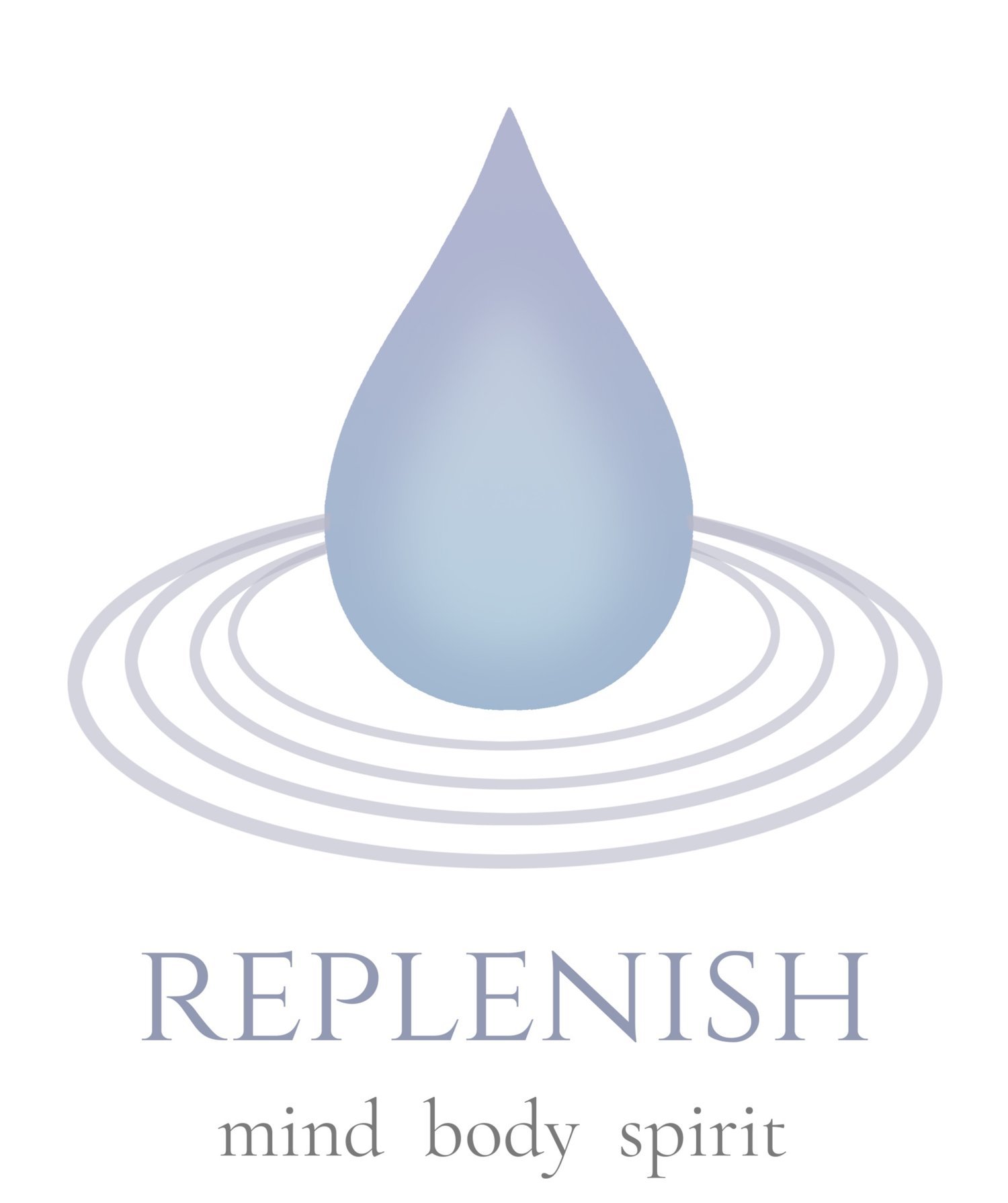Plant Seeds of Self-Care
The ANA theme for this week
of Nurse’s month is
Self-Care
“Almost everything will work again if you unplug it
for a few minutes, including you.”
ANNE LAMOTT
Self-care includes taking time to engage in activities that refuel your body, mind, and spirit. This is all-inclusive of physical, emotional, cognitive, intentional social, spiritual, or commercial actions. Community care can also be a form of self-care, like checking on a friend, or taking a stand against injustice.
Self-care guides us to reorient and reprioritize what it means to be well. We all know what we should do to care for ourselves, but if it is not important to YOU, and you do not know your WHY it will not be sustainable. Checking on yourself often with a purposeful pause will reduce stress, restore our body to homeostasis, and recover from hyperalert states.
When we do not care for ourselves, our energy is depleted and drained. We lose focus and our relationships with others suffer. Practicing self-care shifts our consciousness. We begin to search for things that bring us meaning and joy in life and make a conscious plan to do them. We remember ourselves and find a renewed zest for life. We find more passion, and energy to care for others and have healthy relationships. While some practices are self-nurturing, successful self-care journeys result in meaningful change.
Discovering self-care has transformed my personal and professional life. My routines of meditation, journaling, and mindfulness practices have enhanced my awareness of self and have improved my relationships with others. I have successfully embarked on new journeys and been able to navigate many life challenges. I continue to explore new practices with curiosity, and practice self-compassion, understanding self-care is a lifelong journey. There is no destination.
If you are struggling to find a self-care practice, here are 10 of my favorite:
10 Simple Self-Care Practices
Set a daily intention.
Get outside and bask in the beauty of nature.
Practice the Pause. Even if it is just for a moment. Pause and breathe.
Have a daily gratitude practice. Focus on the positive. There is always something to be grateful for.
Journal. It’s good way to organize your thoughts or just brain dump.
Be conscious of your energy, its contagious whether it is good or bad.
Respect your body when it tells you, you need a break. Sometimes you just might need a nap!
Laughter is the best medicine. Make humor a daily exercise.
Be compassionate with yourself. No one is perfect.
Say NO! Sometimes saying no is the best form of self-care.
Replenishing at Work
As nurses, Pam and I are both familiar with clinical stressors and barriers to self-care at work. We understand the fast paced and stressful healthcare environments we work in make it easy for us to become overwhelmed, stressed, and disconnected to our true calling as caregivers. We are constantly on the go, doing more with less, and taking care of more complex patients. It seems like we are constantly swimming upstream against a vast and never ending current. You know you need to care for yourself, but struggle making yourself the priority. You hear all about the benefits of the employee wellness programs at work, but it is just another thing you do not have time for.
We cannot continue to sustain our caregiving roles when we are constantly in fight or flight. We have become so used to being productive and working on empty, we do not even know how to care for ourselves. The mere thought of practicing self-care or taking a restorative break at work may seem impossible to many of us who barely have time to eat, drink, and go to the bathroom. We have become so numb to our needs that we categorize these as self-care practices, when in fact they are basic human needs! It is time to change our culture. We can start by slowing down and responding to our own needs.
Now more than ever it is crucial to incorporate practical, frequent, and short breaks called Micro-Restorative practices to refuel and recharge. Integrating these breaks enhances a sense of safety, calming, social connectedness, hope and optimism. Let’s initiate this process as we would a Nursing Care Plan.
Care Plan for Self
Assessment:
Take a moment to pause, close your eyes, and find your breath….. Do a quick check-in with yourself.
Diagnosis:
Ask yourself: How do I feel? What do I need to restore?
Plan:
How do I want to feel? Set a goal to meet your unique needs.
Intervention:
Engage in a personalized self-care practice. Give yourself permission to care for yourself, even if it is for a moment. You deserve it.
Evaluation:
How do I feel after caring for myself? Did engaging this practice meet my needs?
Comment below and tell us what self-care strategy you use most often to replenish. We will be sharing some self-care ideas this week as well as FREE offerings throughout Nurses Month, so be sure to follow us to be in the know! 💌

